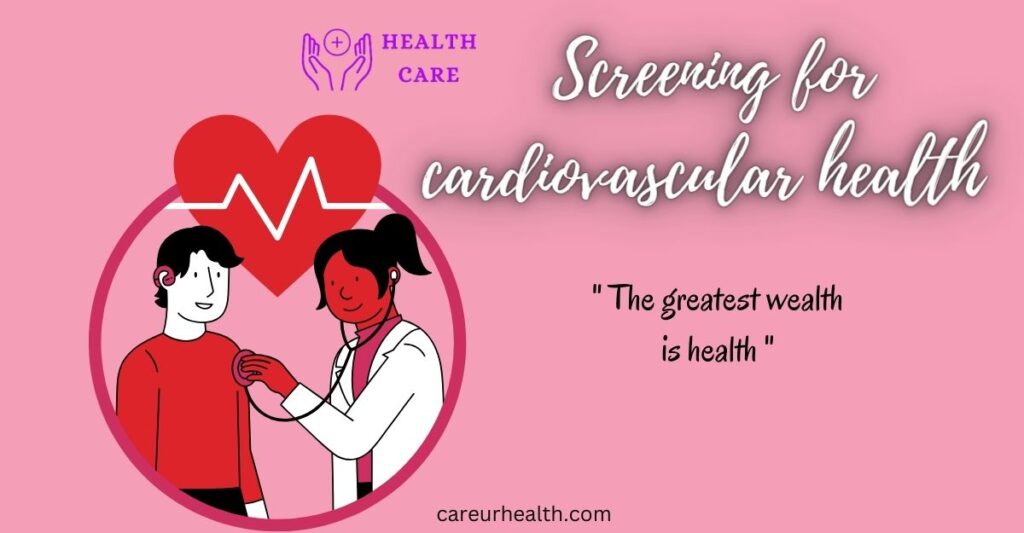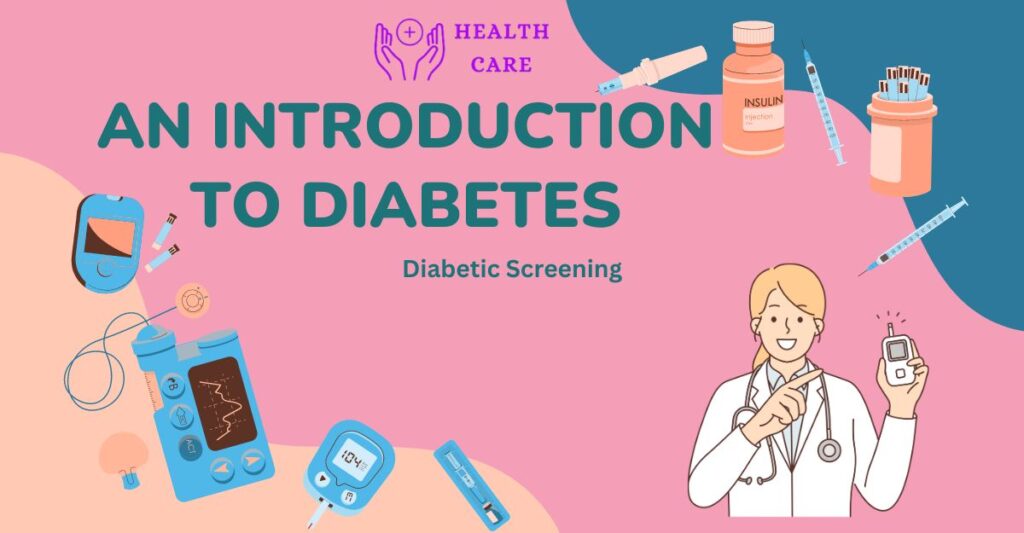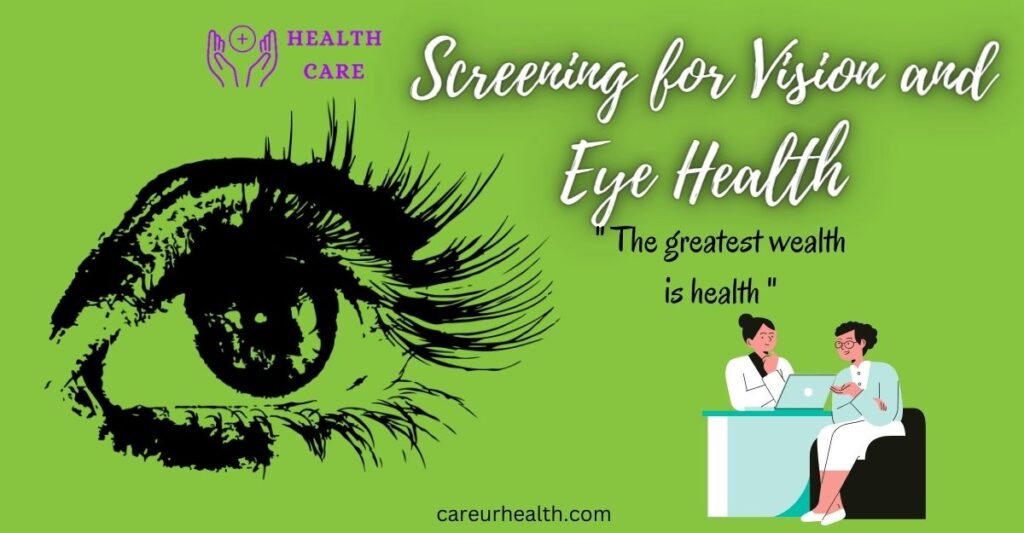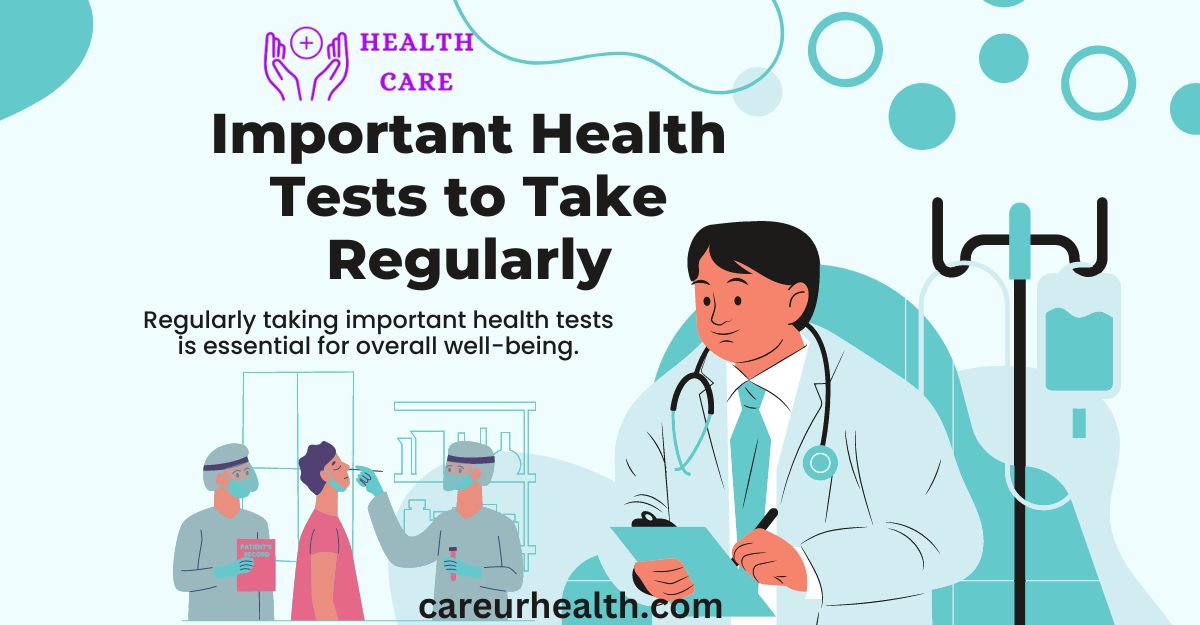Regularly taking important health tests is essential for overall well-being. These tests are preventative measures that enable people to promptly address any concerns and pursue necessary treatments or lifestyle modifications. Regular participation in a few key health tests is advised. Even though the exact tests may differ based on age, gender, family history, and personal health history.
A complete blood panel is one of the basic health tests. Tests to evaluate blood health parameters like blood sugar, cholesterol, and organ function indicators are commonly included in this panel. Elevated blood sugar and cholesterol levels, respectively, may be signs of diabetes and cardiovascular disease. By keeping a regular eye on these levels, people can prevent these conditions or effectively manage those that are diagnosed. People can make informed decisions about their diet, exercise regimen, and overall lifestyle. It’s crucial to prioritize health tests to maintain preventive care.

Lung Function Testing for Respiratory Health
The measurement of blood pressure is another crucial medical test. Hypertension, also known as high blood pressure. Usually does not show symptoms until it has seriously harmed the cardiovascular system, it is sometimes referred to as a “silent killer.” Frequent blood pressure checks help detect hypertension early on. This makes it possible to implement lifestyle changes or take medication to lower the risk of complications like kidney damage, heart attack, and stroke. Undergoing these tests routinely ensures early detection of potential health issues.
Additionally, screening for certain cancers is crucial for early detection and treatment. For example, women should undergo routine mammograms to screen for breast cancer. While men may benefit from prostate-specific antigen (PSA) testing for prostate cancer. Health tests enable individuals to address concerns promptly. Regular colorectal cancer screenings, through colonoscopies. Or less invasive techniques like fecal immunochemical testing (FIT) or fecal occult blood testing (FOBT). Should be considered for both men and women.
Regular health tests play a vital role in preventive healthcare. By enabling early detection of potential health problems and facilitating timely interventions. People can take proactive measures to safeguard their health and well-being by getting routine screenings for diseases. Like diabetes, cancer, heart disease, STIs, and dental problems. The best screening schedule should be determined in consultation with a healthcare provider. Based on each patient’s unique risk factors and medical requirements. Lung function tests monitor respiratory health.
1. Screening for cardiovascular health:
For the purpose of early detection and prevention of heart disease, stroke, and related conditions, routine cardiovascular health screenings are essential. Health tests empower individuals to take control of their health. A variety of tests are included in these screenings to evaluate the condition of the heart and blood vessels. Checking blood cholesterol levels is essential because it shows how much lipids, or fats, are present in the blood. Two types of lipids that are important for heart health are HDL (high-density lipoprotein) and LDL (low-density lipoprotein).

2. Cancer Screening:
Early detection and treatment of many cancer types depend on routine cancer screenings. These tests, which can include mammograms for breast cancer. Pap tests for cervical cancer, colonoscopies for colorectal cancer, and prostate-specific antigen (PSA) tests for prostate cancer. They are often directed towards cancers that are common in particular populations. Early cancer detection boosts survival rates and improves treatment outcomes significantly.
3. Diabetic Screening:
Due to the increased prevalence of diabetes worldwide, routine prediabetic and diabetic screening is essential for early detection and problem prevention. The most popular techniques for identifying diabetes and monitoring blood sugar control over time are fasting blood sugar testing and hemoglobin A1c testing. Diabetes can be effectively managed and complications like kidney disease, nerve damage, and cardiovascular disease can be avoided when people receive early detection and start the appropriate treatments, such as medication and lifestyle modifications.

4. Infections Transmitted by Sexual Contact (STIs) Screening:
To identify infections early and stop their spread, sexually active people must regularly get screened for sexually transmitted infections (STIs). Blood tests, urine tests, or swabs of afflicted areas can all be used to test for infections. Like HIV, chlamydia, gonorrhea, and syphilis as part of STI screenings. Preventing complications like infertility, pelvic inflammatory disease, and certain cancers requires early detection and treatment of sexually transmitted infections (STIs). In order to guarantee that people receive the proper care and support for their sexual health needs. Healthcare providers are essential in educating the public about STI prevention and the value of routine screenings.
5. Bone Density Testing:
Also referred to as dual-energy X-ray absorptiometry (DEXA) scans or bone densitometry. Bone density testing is a crucial component of bone health assessments as it identifies osteoporosis, or low bone density, which raises the risk of fractures and complications related to the bones. These tests measure bone mineral density (BMD). And compare it to the average peak bone mass of young adults in order to assess fracture risk and determine bone strength.
6. Screening for Vision and Eye Health:
To keep your eyes in optimal condition and identify vision issues early on, routine vision and eye health screenings are crucial. Comprehensive eye exams are carried out by eye care specialists like optometrists or ophthalmologists. Who evaluate the health of the retina and optic nerve in addition to measuring visual acuity and eye pressure. These tests can assist in the detection of common eye conditions. Like age-related macular degeneration (AMD), cataracts, glaucoma, and refractive errors (such as nearsightedness, farsightedness, and astigmatism). Early detection of these conditions allows for timely intervention. Which may include prescription eyeglasses or contact lenses, medication, laser surgery, or other treatments to preserve vision and prevent vision loss.

7. Mental Health Screening:
Routine mental health screenings are essential for spotting and treating psychological problems promptly, which enhances general overall health and the quality of living. Medical experts, behavioral specialists, nor instruments for self-e can conduct those tests. The hallmarks indicate bipolar disorder, sadness, anxiety. Post-traumatic stress disorder (PTSD), and other mental health diseases are evaluated via standard mentally wellness tests. People who receive notification promptly are more equipped to receive the right support and help. Including therapy, drugs, peer support, around changes in way of life. Frequent psychological exams. Encourage people to prioritize their mental health as part of their general good health, raise understanding, plus lessen discrimination. To maintain optimal well-being, it’s vital to prioritize important health tests.
8. Bone Health Screening:
Health of the Bones Evaluation: Vital in determining the amount of bone as well as recognizing diseases like bone loss, that raise the risk of fractures and other disorders linked to the bones, bone wellness tests are crucial. The density of bones around fracture diagnosis are most typically achieved via dual-energy X-ray absorptiometry (DEXA) images. The searches in question provide a T-score which reflects the stability of bones around danger of breaking by comparing the bone density to that of a young adult of the same species. Past menopause women, seniors, individuals with a history of fractures, and anybody using drugs which could limit the strength of bones should all get regular bone condition exams. Treatments including vitamin D as well as calcium supplements, medicine, while participating adjustments to lifestyle to maintain the condition of bones are made possible by early detection of a low density of bones. Health tests offer valuable insights into one’s overall health status.
Frequent the state of the tests are essential for evaluating airway well-being and identifying conditions of the lungs this as pulmonary fibrosis (PF), cancer of the lungs, allergies, around chronic obstructive pulmonary disease (COPD). This is one type of breathing testing that measures the amount of air entering and leaving the airways.
9. Lung Condition Evaluation:
Cancer of the Skin Evaluation: With the prompt detection and treatment of skin tumors such as melanoma, basal cell carcinoma, and squamous cells carcinoma, routine skin cancer screens were crucial. In an effort to discover worrisome moles, lesions, or changes in the skin that may indicate cancer, psychiatrists or other medical professionals perform extensive skin inspections. Health tests provide valuable insights into one’s health status. People who have previously been into sunlight, had blisters, or have a family history of skin cancer may be at greater risk therefore ought to receive tests frequently. Prompt therapy, such as external medicines, a procedure, etc additional treatments to halt the illness’s progress plus lower the probability with consequences, is made possible by the swift identification with the tumor.
Conclusion:
The foundation of preventive medicine is routine heath testing, which enables people to keep an eye upon their well-being, identify possible problems early, and take proactive measures to preserve and enhance it. Health tests enable individuals to address concerns promptly. It is clear from the analysis of several medical exams because every examination is essential for protecting distinct facets of an individual’s wellbeing. Every test, including those for obesity, cancer, diabetes, mental wellness, appropriate heart disease, is essential for advancing the early diagnosis, treatment, and control other a range of medical disorders. Undergoing these tests regularly facilitates early detection of potential health issues. Regularly taking important health tests is crucial for maintaining well-being.
Cardiac examinations were vital for determining indicators of danger linked to heart illness plus strokes. These exams include arterial tracking, cardiac stress examinations, especially lipid testing. Regularly taking important health tests is crucial for maintaining well-being.
In a similar vein, tests for cancer, like PSA testing, bowel examinations, and mammograms as enable people to identify cancer early on, when therapy is most successful. It’s essential to prioritize health tests to ensure preventive care. The hemoglobin A1c testing and fasting blood sugar levels are the focus of these examinations, which lower the likelihood with problems by enabling rapid diagnosis with treatment for diabetic with abnormalities.
Additionally, screenings for sexually transmitted infections (STIs) lower the likelihood of consequences including pregnancy as well as certain malignancies that aid in the prevention of disease transmission. As eyesight including optical exams are critical for keeping eyesight and early detection of eye issues, periodontal physicals especially critical for maintaining oral health and preventing oral health issues. Health tests empower individuals to actively manage their health.
1. How is it vital to get frequent medical examinations?
With early detection of potential health problems including illnesses, routine medical testing is crucial. People who regularly have such tests may identify anomalies or hazards earlier become deeper issues. Timely intervention and treatment are made possible by prompt identification, which enhances quality life that improves medical results. Undergoing these tests regularly facilitates early detection of potential health issues.
2. When ought We to make arrangements for tests?
Given a number of variables, including age, gender, sexual orientation, habits, genealogy, and general well-being, the frequency of health screenings may change. This is crucial to speak coupled with a doctor to figure out the best testing regimen for your particular needs. Generally speaking, a few tests are occasionally advised each year.
3. Which routine physicals ought to I take into consideration?
Tests for cardiovascular health (which include measurements of heart rate, lipids, plus blood pressure), malignancies (such as breast imaging, bowel examinations, plus Hpv tests), diabetic (such like hemoglobin A1c levels and rapid blood glucose). STDs (such as HIV and chlamydia), plus dentistry examinations are examples of typical health checks. Furthermore, examinations including malignancies of the skin, pulmonary health, mental health. Bone density, including eyesight including vision problems must be taken into consideration in accordance with advice from doctors and a person’s risk.
4. Can You prioritise any single health exams according to my sexual orientation of years of age?
Certainly, depending on variables like both sexes and years of age, certain medical exams might be more important or advised. For instance, beginning after a specific point in time women may require every year to detection of breast cancer.
5. How can I get ready for medical examinations?
It’s critical to adhere to whatever screening procedures guidelines given by your doctor. In order to get ready for medical tests, such as fasting before a blood test or skipping certain drugs. Additionally, you should let your physician know about any pertinent medical history, symptoms, or worries. At the very least, being aware of suggested screenings. And scheduling appointments ahead of schedule may promote prompt but preventative healthcare management.
Rehealthify










